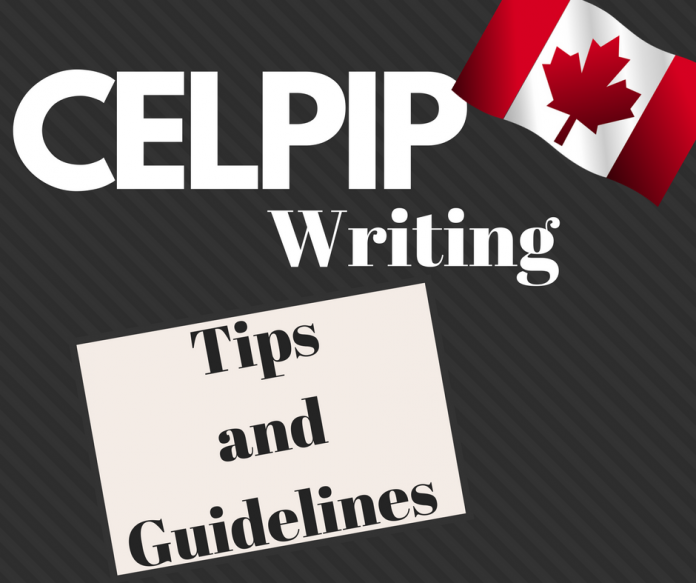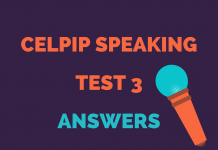CELPIP Writing TASK 1: WRITING AN EMAIL
First, read the prompt carefully and ensure you understand it as best you can. Be confident in understanding what is required of you, determine the most appropriate answer (or reaction), and the best way to present the response in a CELPIP writing test.
Keeping your eye on time, remember to organize your thoughts, plan your responses, take notes, and always review and edit your work before submitting.
WRITING YOUR RESPONSE—FIRST DRAFT:
Once you have formulated your plan, try stick to it and make adjustments where necessary for the best possible efficient outcome, within the time allocated.
Avoid using too many of the words presented to you in the prompt as you should be able to show a wide-ranging vocabulary when expressing yourself clearly, descriptively, and authentically.
Be mindful of your sentences, grammar, and flow of the text and keep the content varied which shows your command of the English Language during the CELPIP test.
The flow of the response, the length and structure of the sentences, and the style and presentation connect all the content together and it is useful to learn about the different platforms of communication so you know which suitable format to apply, for example writing an email response is different to writing a formal letter that is posted in the mail.
All writing should suit the audience it is intended for, and during a CELPIP test, it is a good indicator to show your awareness of the Canadian culture in the responses that you submit.
EDITING YOUR RESPONSE—FINAL DRAFT:
After completing the content, review it again, and again, and edit where necessary. Keep close to the word count range allocated in the CELPIP test, and be critical of your grammar, spelling, punctuation, and vocabulary.
Always do a last and final read after any edit.
CELPIP Writing TASK 2: RESPONDING TO SURVEY QUESTIONS
Conceptualize your ideas by taking notes and extending each idea by listing reasons and how to best present them.
Support your ideas with solid content that has meaning, is written clearly, and is appropriate for the intended recipient. This includes the tone, style, cliches, and casual references, for example, it would be inappropriate to write to your boss addressing him or her as “hey, mate”.
The structure to your writing affects the flow and continuity of the content. Stay on topic and bear in mind that too many ideas that go off in different directions could be confusing, so finding the balance between too much and too little is key.
It is essential to keep track of time and allow yourself a 5 minute review at the end of a CELPIP writing test. Write out your response and edit it after until you are satisfied with the overall content, structure, style, and word count requirements.
EDITING YOUR RESPONSE—FINAL DRAFT:
Everyone makes mistakes regardless of language proficiency, so it helps having time left to thoroughly review and edit your work, fix spelling mistakes, grammar, and attend to any wording and structure issues.
Here are some useful CELPIP writing tests with high score responses:
Which is easier for you? Writing an email or responding to a survey question? Write you answer in the comment area.











If we write 210 words instead of 200 words, will it have a significant effect on the score?
No not really! However, it is better not to exceed 230.
Thank you for your advice but I have a question, what do you mean by this :
“All writing should suit the audience it is intended for, and during a CELPIP test, it is a good indicator to show your awareness of the Canadian culture in the responses that you submit.”
Thanks for your response first. As to your question, it simply means that your writing style should fit the audience you are writing to. I mean are you writing to a friend, a police officer, a hotel manager, or any official department. The formality or the informality of your writing depends on the situation. It is also advisable to show your awareness of the Canadian culture, depending on each case, in your pieces of writing. Hope I was helpful.
Thank you so much for details explanation, but I am sorry to bother you, still, I did not get what you mean by “awareness of the Canadian culture” I am not in Canada, I am outside so I am sorry I don’t know what you mean.
There is no bother at all. Nothing alarming by the way, I just mean that it is advisable not to say or write something that Canadians find it offensive or out of the ordinary. That’s all there is to the matter.
It’s very helpful….. Thank you..
Thanks for taking time to comment.
Yess, it is helpful
Thanks for your feedback.